Bakers prefer King Arthur Bread Flour for its superior quality and performance in creating sourdough bread. Its unique characteristics make it particularly well-suited for the demands of baking sourdough, resulting in a superior crumb and flavor.
Key Takeaways
- King Arthur Bread Flour is a top choice for making sourdough bread.
- Its high-quality composition ensures consistent baking results.
- The flour’s characteristics are particularly suited for sourdough bread baking.
- Bakers prefer it for its performance and the quality of the final product.
- Using the right flour can significantly impact the taste and texture of sourdough.
The Science Behind Successful Sourdough Bread
The magic of sourdough bread lies in its fermentation process, a delicate dance of microorganisms and enzymes. This process is what sets sourdough apart from other types of bread, giving it a unique flavor and texture.
Understanding the Fermentation Process
Fermentation is driven by wild yeast and bacteria that consume sugars in the dough, producing carbon dioxide gas as a byproduct. This process not only leavens the bread but also contributes to its characteristic tangy flavor. As the dough ferments, the gluten network develops, providing structure and chew to the bread.
Why Flour Quality Matters for Sourdough
The quality of flour used in sourdough baking is crucial. Flour with the right protein content and proper gluten development capabilities is essential for creating a robust dough that can withstand the long fermentation times. High-quality flour ensures consistent yeast activity and better dough hydration, leading to a more complex flavor profile and a satisfying crumb texture.
What Makes King Arthur Bread Flour Special
For over 200 years, King Arthur Baking Company has been perfecting its craft, resulting in a superior bread flour. This legacy is built on a foundation of quality, tradition, and innovation. The company’s commitment to excellence is evident in every aspect of its bread flour production.
The History and Reputation of King Arthur Baking Company
King Arthur Baking Company has a rich history dating back to 1790. Founded by Henry Wood, the company has been family-owned and operated for eight generations. Its long history and commitment to quality have earned it a reputation as one of the most trusted names in the baking industry. The company’s dedication to producing high-quality products has made it a favorite among professional bakers and home bakers alike.
Consistent Quality Control Standards
King Arthur Baking Company is known for its rigorous quality control standards. The company implements a strict testing regimen to ensure that every batch of flour meets its high standards. From the sourcing of raw materials to the final product, every step is carefully monitored to guarantee consistency and quality. This attention to detail is what sets King Arthur Bread Flour apart from other brands.
Unbleached and Naturally Aged Process
King Arthur Bread Flour is made using an unbleached and naturally aged process. This means that the flour is not subjected to chemical bleaching or artificial aging agents. Instead, it is allowed to age naturally, which enhances its flavor and texture. The result is a flour that produces bread with a more complex flavor profile and a better texture. This process, combined with the company’s high-quality wheat sourcing, makes King Arthur Bread Flour ideal for sourdough baking.
The combination of King Arthur Baking Company’s rich history, consistent quality control standards, and unbleached and naturally aged process makes its bread flour the perfect choice for bakers seeking high-quality ingredients.
The Perfect Protein: Why King Arthur Bread Flour Excels
For bakers, understanding the role of protein in bread flour is essential for achieving the perfect loaf. The protein content in flour directly affects gluten development, which in turn influences the dough’s structure and the bread’s overall texture.
Understanding Protein Content and Gluten Development
Protein content is a critical factor in bread making because it determines the strength and elasticity of the dough. Higher protein flours tend to produce dough that is more extensible and has better structure, leading to a more satisfying crumb and crust. Gluten development is the process by which protein strands in the dough form a network, trapping air and giving bread its rise.
The quality of gluten development is directly related to the protein content in the flour. Flours with higher protein content generally produce better gluten development, resulting in a more complex and satisfying bread texture.
How 12.7% Protein Creates Ideal Structure
King Arthur Bread Flour contains 12.7% protein, a level that is considered ideal for creating bread with a robust structure and tender crumb. This protein content allows for optimal gluten development, ensuring that the dough can hold its shape while still being extensible enough to produce a well-risen loaf.
The 12.7% protein content strikes a perfect balance between strength and tenderness, making it suitable for a wide range of bread types, from rustic artisan loaves to delicate sandwich breads.
Superior Water Absorption for Higher Hydration Doughs
Another benefit of King Arthur Bread Flour’s high protein content is its superior water absorption capability. This allows bakers to create higher hydration doughs, which are essential for producing bread with an open crumb and tender texture. Higher hydration doughs can be more challenging to work with, but they yield a more complex flavor profile and a more appealing texture.
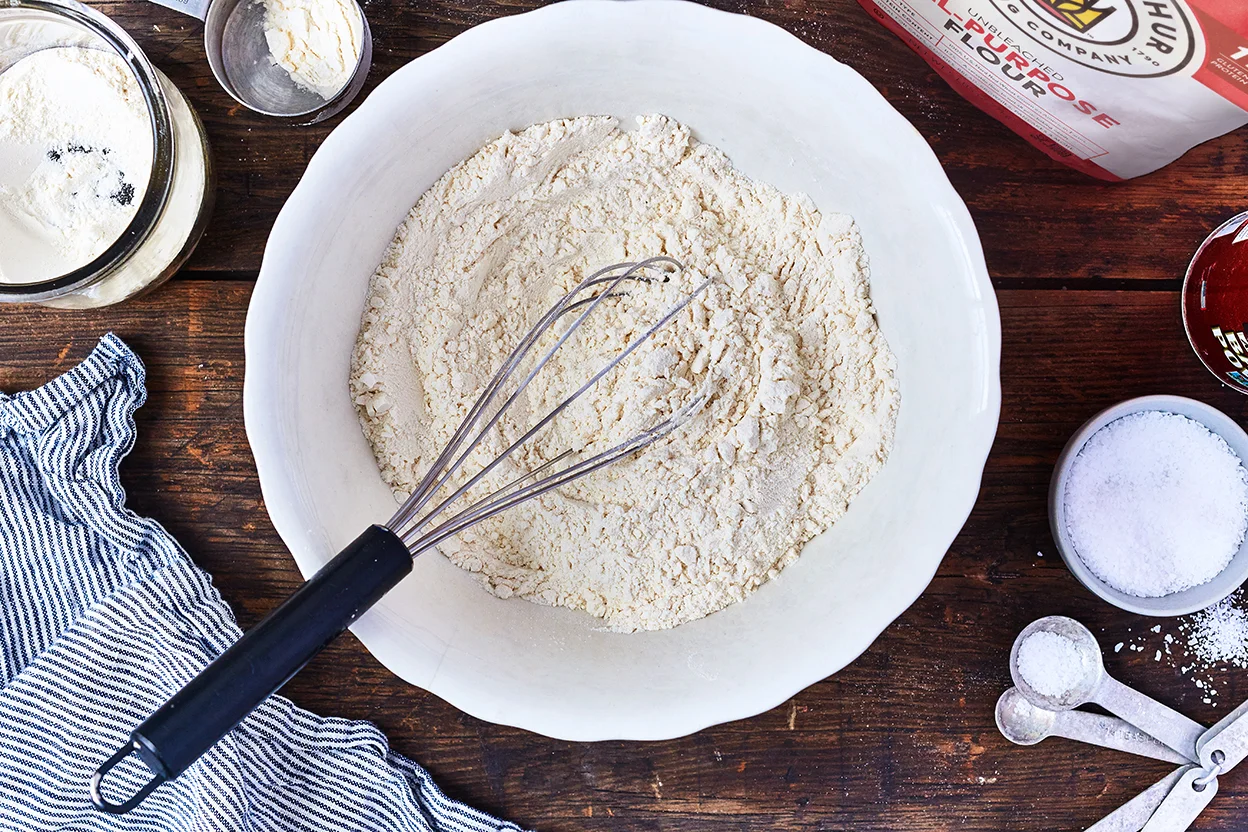
The ability to absorb more water without becoming too sticky or difficult to handle makes King Arthur Bread Flour an excellent choice for bakers looking to create artisanal breads with characteristic large holes and a chewy crumb.
Comparing King Arthur Bread Flour to Other Popular Brands
When it comes to baking sourdough, the choice of flour can significantly impact the final product, making it crucial to select the right brand. The market offers several high-quality options, but how does King Arthur Bread Flour stack up against the competition?
King Arthur vs. Gold Medal Bread Flour
King Arthur and Gold Medal are both well-respected brands in the baking community. However, King Arthur’s unbleached and naturally aged flour provides a more complex flavor profile compared to Gold Medal. Additionally, King Arthur’s higher protein content (12.7%) contributes to better gluten development, making it a preferred choice for artisan breads.
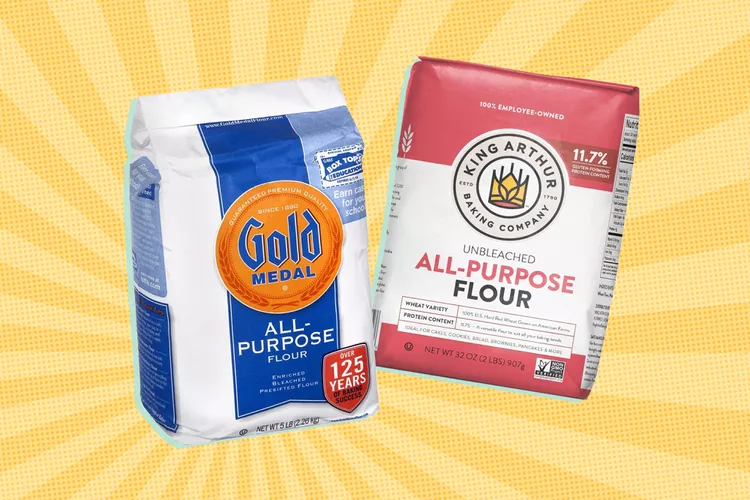
King Arthur vs. Bob’s Red Mill Bread Flour
Bob’s Red Mill is known for its high-quality, stone-ground flours. While it offers a nutritious alternative, King Arthur’s consistent quality control and precise milling process give it an edge in terms of reliability and performance. Professional bakers appreciate King Arthur’s ability to produce consistent results, batch after batch.
Why Professional Bakers Choose King Arthur
Professional bakers and artisans prefer King Arthur Bread Flour for its superior performance and consistent quality. The flour’s high protein content and excellent water absorption capabilities make it ideal for creating complex, crusty breads with a tender crumb. Whether you’re a seasoned baker or just starting out, King Arthur is a trusted brand that can help elevate your baking.
Practical Tips for Using King Arthur Bread Flour in Sourdough
The quality of King Arthur Bread Flour is just the starting point; proper techniques are essential for achieving sourdough perfection.
Creating and Maintaining Your Sourdough Starter
Creating a sourdough starter from scratch can be a rewarding experience. To begin, mix equal parts of flour and water in a clean container. Allow the mixture to rest at room temperature, feeding it regularly until it becomes bubbly and active. King Arthur Bread Flour provides the ideal protein structure for a robust starter.
Adjusting Hydration Levels for Perfect Dough Consistency
Hydration levels significantly impact sourdough consistency. Start with a moderate hydration level and adjust according to the dough’s feel. King Arthur Bread Flour absorbs water efficiently, allowing for higher hydration levels that result in a more open crumb structure.
Blending with Whole Wheat and Rye Flours
Blending King Arthur Bread Flour with whole wheat or rye flours can add complexity to your sourdough. Start by substituting a small portion of the bread flour with whole wheat or rye, then adjust to taste. This blending technique can enhance the flavor profile and texture.
Handling and Kneading Techniques
Proper handling and kneading are crucial for developing the dough’s gluten structure. Use a gentle folding technique during bulk fermentation, followed by a thorough knead to develop the dough’s strength. This approach will help create a more even crumb and better texture.
Achieving Bakery-Quality Results with King Arthur Bread Flour
To achieve bakery-quality sourdough bread, it’s essential to understand the role of high-quality flour. King Arthur Bread Flour is a top choice among bakers due to its consistent quality and superior performance.
Developing Open Crumb Structure
An open crumb structure is a hallmark of artisanal sourdough bread. To achieve this, bakers should focus on proper dough handling and proofing techniques. “A well-developed dough is key to creating a bread with a beautiful, airy crumb,” says expert bakers. Using King Arthur Bread Flour with its high protein content can help create a dough that is both strong and extensible, leading to a more open crumb.
Creating the Perfect Crust
A perfect crust is both crispy and chewy, with a rich, caramelized color. To achieve this, bakers should pay attention to their oven’s steam capabilities and temperature control. King Arthur Bread Flour’s superior water absorption properties help create a crust that is both crunchy and chewy. By adjusting hydration levels and proofing times, bakers can enhance the crust’s texture and flavor.
Enhancing Sourdough Flavor Profile
The flavor profile of sourdough bread is complex and nuanced, with notes of tang and leaven. To enhance this flavor, bakers can experiment with longer proofing times and different temperatures. Using King Arthur Bread Flour, with its unbleached and naturally aged process, can add depth and complexity to the bread’s flavor profile. As a result, bakers can create a sourdough that is both tangy and rich, with a satisfying sourdough flavor.
Conclusion: Elevate Your Sourdough Journey with King Arthur Bread Flour
Using King Arthur Bread Flour can significantly enhance your sourdough baking experience. With its high-protein content and unbleached, naturally aged process, this flour provides the ideal foundation for creating complex, crusty loaves that showcase the best characteristics of northwest sourdough.
By incorporating King Arthur Bread Flour into your sourdough recipe, you can elevate your final dough to achieve a more open crumb structure and a perfectly balanced flavor profile. The superior water absorption capabilities of this flour also allow for higher hydration levels, resulting in a more tender and chewy crumb.
Whether you’re a seasoned baker or just starting your sourdough journey, King Arthur Bread Flour is an excellent choice for producing high-quality, artisanal bread. With its consistent quality control standards and rich history, this flour has become a staple among professional bakers and home enthusiasts alike.
By choosing King Arthur Bread Flour, you can take your sourdough baking to the next level and enjoy the satisfaction of creating delicious, crusty loaves that are sure to impress. So why not give it a try and discover the difference for yourself?
FAQ
What is the ideal protein content for sourdough bread flour?
The ideal protein content for sourdough bread flour is around 12.7%, which is what King Arthur Bread Flour offers, providing the perfect balance for gluten development and dough structure.
Can I use all-purpose flour instead of bread flour for sourdough?
While all-purpose flour can be used, bread flour like King Arthur is preferred for sourdough due to its higher protein content, which results in a better gluten structure and a chewier crumb.
How do I maintain my sourdough starter when using King Arthur Bread Flour?
To maintain your sourdough starter, regularly feed it with King Arthur Bread Flour and water, keeping it at the right hydration level and storing it in a suitable environment to promote healthy fermentation.
What is the difference between bleached and unbleached flour, and which is better for sourdough?
Unbleached flour, like King Arthur Bread Flour, is preferred for sourdough because it hasn’t been chemically treated, preserving its natural nutrients and resulting in a better flavor and texture.
How does the hydration level affect sourdough bread made with King Arthur Bread Flour?
Adjusting the hydration level is crucial when making sourdough with King Arthur Bread Flour, as it affects the dough’s consistency and the final bread’s texture; higher hydration can lead to a more open crumb.
Can I blend King Arthur Bread Flour with other types of flour for sourdough?
Yes, you can blend King Arthur Bread Flour with whole wheat, rye, or other flours to create different flavor profiles and textures, but be aware that this may affect the dough’s hydration needs and fermentation.
Why is King Arthur Bread Flour considered superior for sourdough baking?
King Arthur Bread Flour is considered superior due to its consistent quality, high protein content, and unbleached, naturally aged process, making it ideal for creating a robust sourdough starter and achieving a superior crumb and crust.
How does gluten development impact sourdough bread?
Gluten development is crucial for sourdough bread as it provides structure and chewiness; King Arthur Bread Flour’s high protein content supports strong gluten development, resulting in a more satisfying texture.
What is the role of yeast in sourdough bread, and how does it interact with King Arthur Bread Flour?
Wild yeast in sourdough starter ferments the sugars in the dough, producing carbon dioxide and leavening the bread; King Arthur Bread Flour provides the necessary nutrients for the yeast to thrive, promoting healthy fermentation.
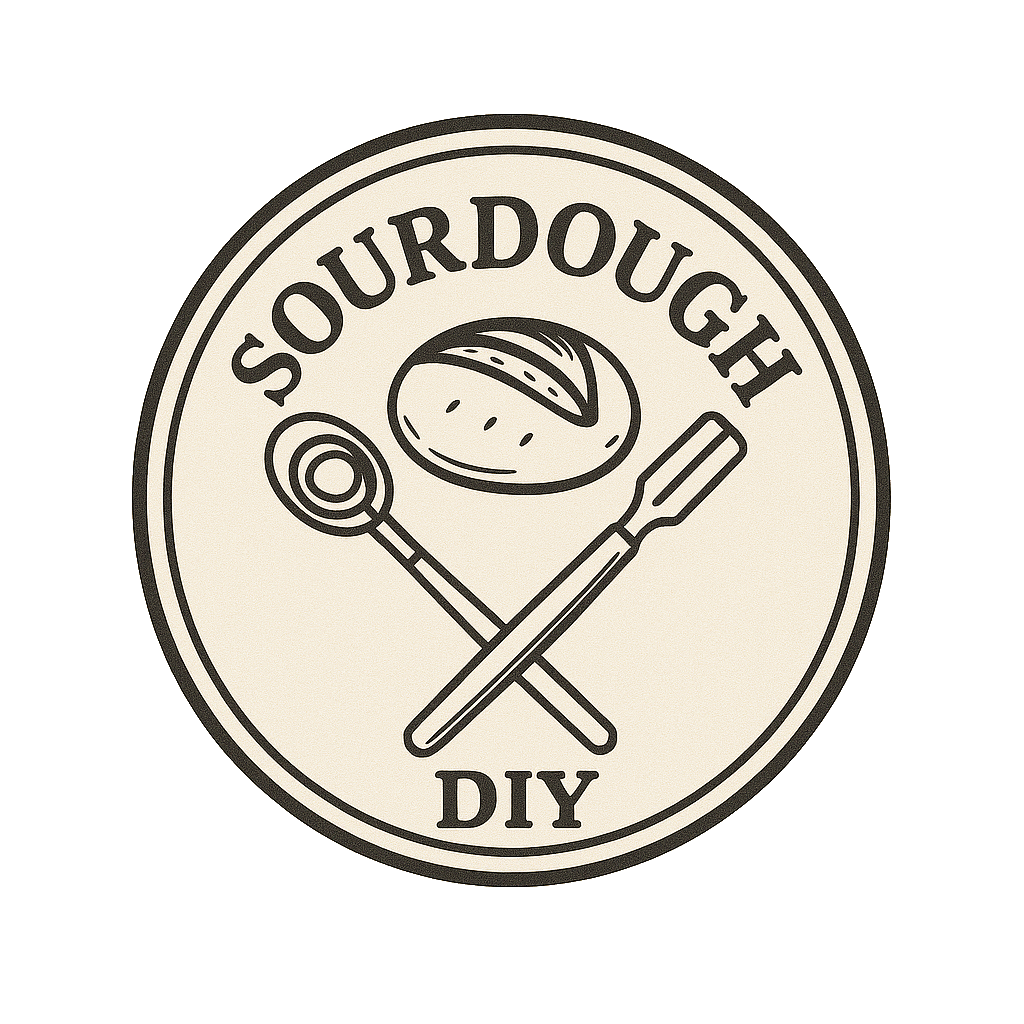
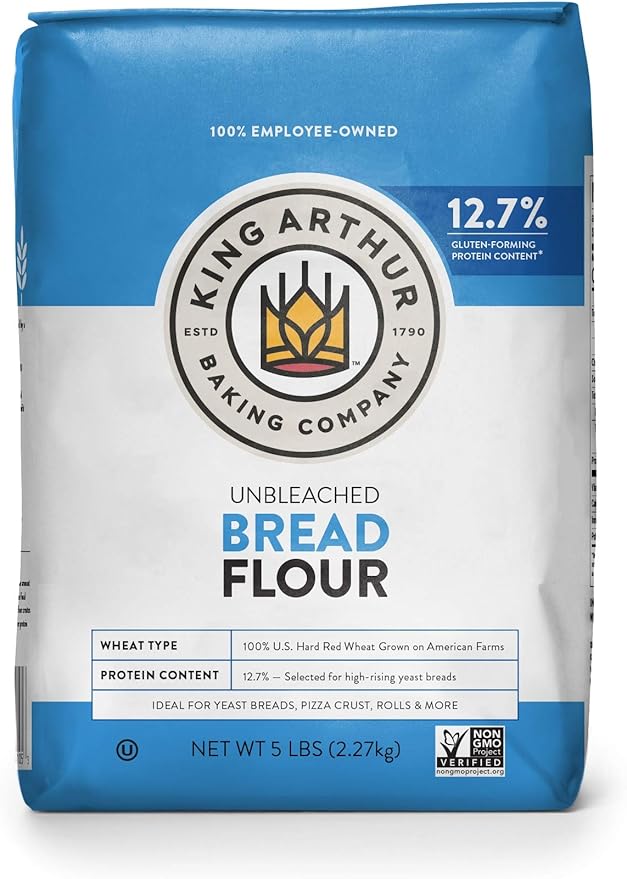
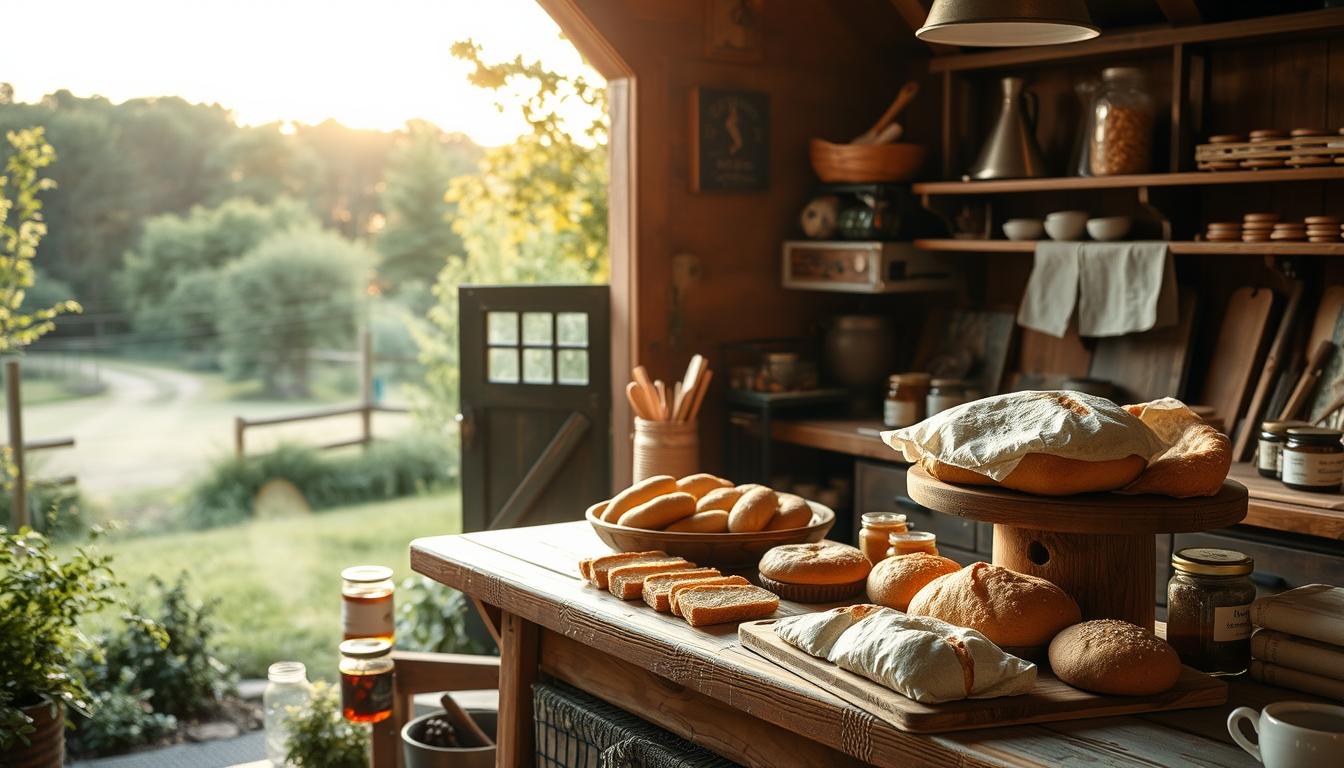

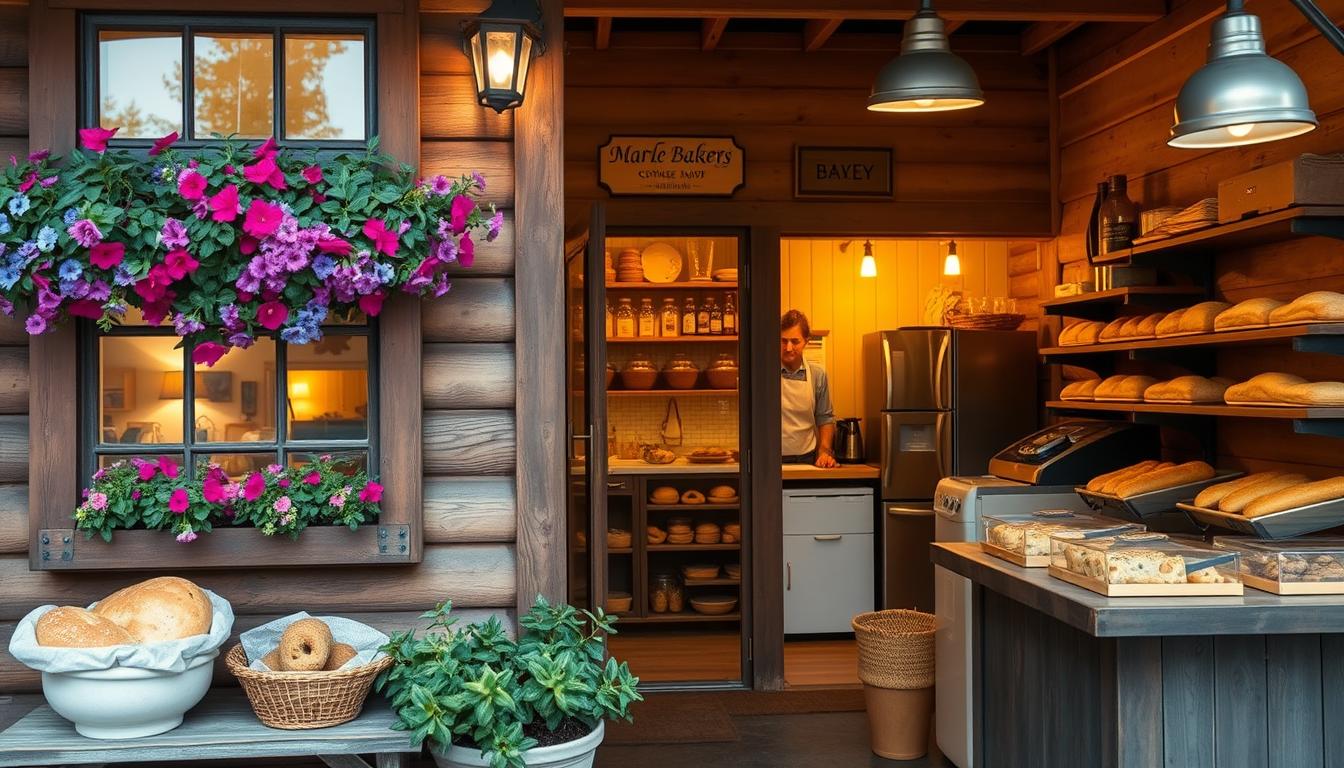
Leave a Reply